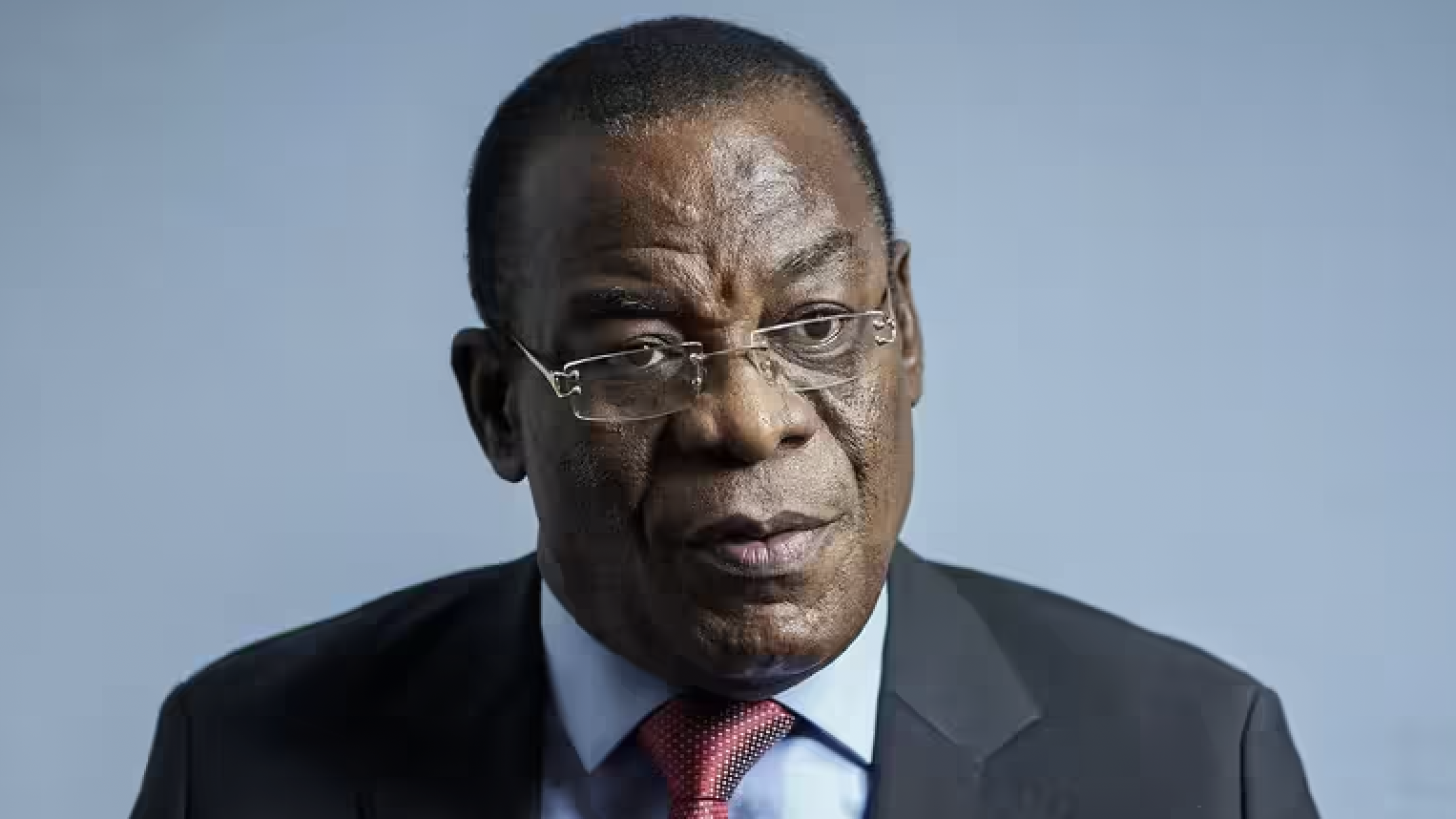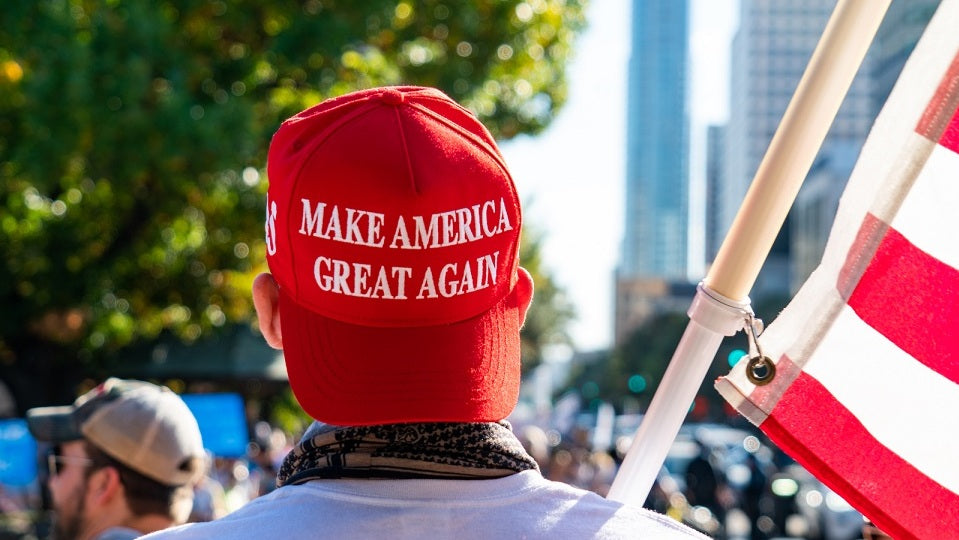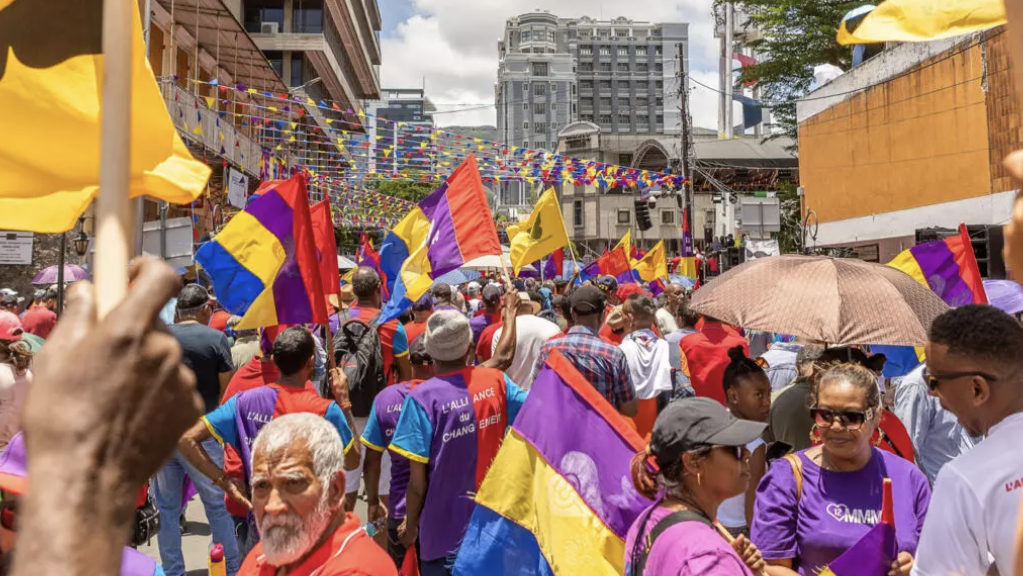
Pascal Affi N'Guessan in the running for the Ivorian presidential election: the battle promises to be tough
Former Ivorian Prime Minister and leader of the Ivorian Popular Front (FPI), Pascal Affi N'Guessan, has announced his candidacy for the presidential election scheduled for 2025 in Côte d'Ivoire. His return to the political scene injects an element of uncertainty and suspense into a race already marked by underlying tensions and strategic maneuvering between the country's leading political figures.
A political veteran ready to bounce back
Pascal Affi N'Guessan is no novice when it comes to electoral jousts. An emblematic figure in the Ivorian political landscape, he has already tried to run for the highest office on several occasions, often in tense contexts marked by divisions within his own party. Leader of the FPI since Laurent Gbagbo, the former president and co-founder of the party, distanced himself to form the PPA-CI, Affi N'Guessan has had to fight not only against his political adversaries, but also against the ghosts of internal divisions that have weakened his base.
This new candidacy, announced at a lively rally, aims to revive the hopes of FPI supporters who see in him a political heir capable of uniting and renewing the dynamics of a party long undermined by internal quarrels. Affi N'Guessan did not mince his words, affirming that his mission was to straighten out Côte d'Ivoire and put it back on the path to inclusive governance.
Formidable opponents in perspective
Pascal Affi N'Guessan's entry into the race comes at a time when the Ivorian political scene is in full swing. While Alassane Ouattara's candidacy for a fourth term remains uncertain and the subject of numerous constitutional debates, other charismatic figures such as Laurent Gbagbo and Guillaume Soro could also position themselves for the election. The electoral landscape could thus transform into a political battlefield where alliances, betrayals and twists of fate will be commonplace.
The potential return of Gbagbo, with his new political party, and the possibility of a comeback by Guillaume Soro, the former rebel leader in exile, threaten to make this presidential election explosive. For Affi N'Guessan, the stakes are high: he will not only have to convince voters from his own party of his ability to prevail against his former rivals, but also seduce independents and a youth increasingly disillusioned by the unfulfilled promises of traditional politicians.
Affi N'Guessan's roadmap: promises and challenges
Pascal Affi N'Guessan's program is structured around strong themes: national reconciliation, economic recovery and social justice. Aware that the Ivorian electorate is marked by deep ethnic and political divisions, he proposes to build a "renewed social contract" where each citizen finds their place. However, the realization of this vision is far from guaranteed in a context where political rivalries often overlap with economic and social issues.
N'Guessan will also have to deal with the legacy of a decade of governance by the ruling RHDP party and criticism of his handling of the economy and civil liberties. His ability to mobilize a diverse electorate will be crucial, as will his strategy for defusing criticism that he is merely an heir to a controversial political past marked by the mistakes and failures of the Gbagbo era.
In the shadow of this campaign, larger issues are emerging: regional stability and the perception of Côte d'Ivoire on the international stage. If political divisions were to become more pronounced, they could weaken a country that has been struggling for years to recover from the scars of civil war and successive crises.



Leave a comment
This site is protected by hCaptcha and the hCaptcha Privacy Policy and Terms of Service apply.